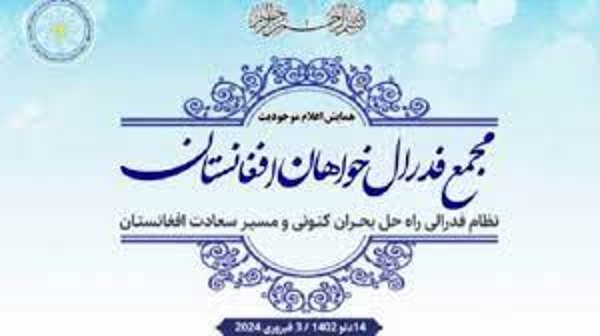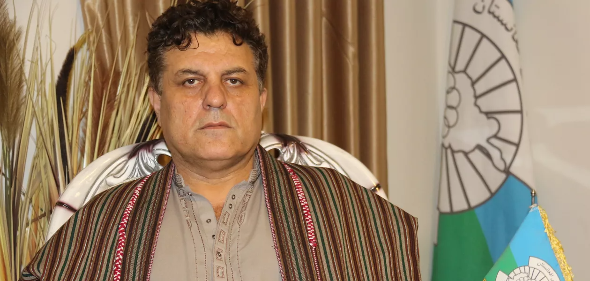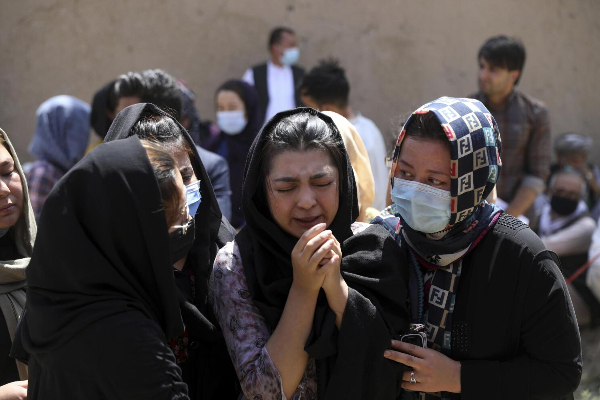A watchdog created by the U.S. congress to monitor the country's funding in Afghanistan has accused the United Nations' chief development agency of fraudulent spending of millions of U.S. funds allocated for the Afghan police.
According to an article by the Foreign Policy, the UN Development Program (UNDP) administrator Helen Clark has rejected the allegation, according to a letter disclosed by the Special Inspector General for Afghanistan Reconstruction (SIGAR).
Based on the allegations, the Afghan Ministry of Interior (MoI) has embezzled $200 million from the UNDP-administered Law and Order Trust Fund for Afghanistan (LOTFA) in the past 10 years. There are also concerns about payments to ghost employees who got paid despite not having worked for the government. John Spoko, the special inspector general, is now looking into the claims.
The allegations have raised apprehensions among many international donors, especially the European Union. The EU has stated that more than 30 percent of its future financial aid to LOTFA will go to Afghan authorities to set up cooperation and transparency.
Moreover, according to the Pentagon's inspector general there are some allegations that the MoI is not able to account for $17.4 million in pension withholdings and about $10 million in 2013 payroll deductions.
The Afghan defense ministries reportedly responded harshly to the U.S. Defense Department's inquiry. They were warned that if they continued the inquiry, their lives may be in jeopardy, Foreign Policy quoted.
The UNDP has acknowledged that there is a possible fraud in the program, without providing sufficient details. Spoko has criticized this, calling it insufficient oversight and controls.
In response, Clark assured Spoko in a letter on June 6 that the UNDP has taken significant measures to mitigate fraud.
UNDP is committed to managing LOTFA as efficiently, constructively and transparently as we can, as we strive to work together to manage the risks faced by complex programs in challenging environments like Afghanistan, she wrote. The complete elimination of risk in these environments is unfortunately not possible and thus a harmonized and collaborative approach to sharing fiduciary risks with relevant donors, program countries, and development partners is necessary.
Clark's statements have not proved convincing to Spoko, who maintains that the UNDP lacks authority to monitor the fund program properly.
In response, the UNDP issued a statement on Monday that it is committed to working alongside SIGAR and donors to strengthen oversight of the trust fund and payroll procedures.
LINK: https://www.ansarpress.com/english/2617































 Ghani Removed From UN Heads of State List
Ghani Removed From UN Heads of State List 




